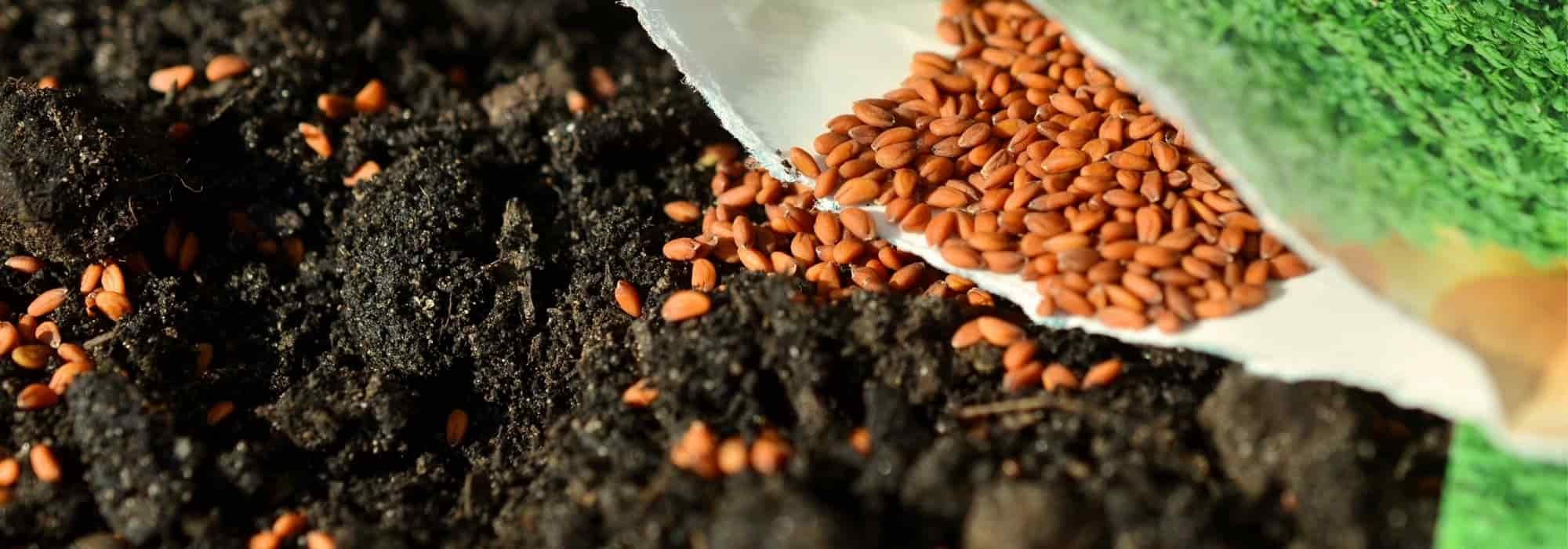
How can you be sure to choose a quality seed?
All our tips for obtaining top-quality seeds
Contents
A seed is a promise, a prospect of beautiful harvests, the starting point of a long process. Naturally, this process involves soil preparation, temperature conditions, a certain degree of moisture, sunlight, and the care provided by the gardener… However, the seed remains the foundation, and to avoid any setbacks and maximise your chances of success, it is best to choose a quality seed, which ensures a production of vigorous, tasty, and healthy vegetables and fruits. Follow us, and we will explain how to make the right choice of seeds based on specific criteria that are key to your success.
Organic seeds, reproducible seeds, F1 hybrids... What exactly are they?
A simple glance at a packet of seeds can sometimes leave one bewildered. In addition to labels recognised as “certified organic”, terms like “reproducible seed” or “F1 hybrid” may also appear… In fact, behind these terms lie different realities and economic models. Ultimately, the choice is yours to make with full knowledge!
Organic seeds, a guarantee of quality
Organic seeds come from mother plants cultivated in organic production, respectful of the environment and humanity. These seeds are therefore guaranteed to be free from synthetic plant protection products, GMOs, and colourants. They have also not undergone any treatment once harvested, whereas a traditional seed, cultivated conventionally, may be treated to improve its preservation, transport, and resistance to diseases… By choosing an organic seed, you can be certain that only natural materials have been used to enrich the soil or care for the plants.
Packets of organic seeds must carry the AB label and are certified by Ecocert.
These seeds are referred to as reproducible in the sense that they ensure identical production to the mother plant, and even beyond, over the seasons. Indeed, a reproducible seed will “record” in its genetic heritage everything that constitutes its environment, namely the climate, soil, humidity… and will pass this on to future generations solely to enable the plant to survive.
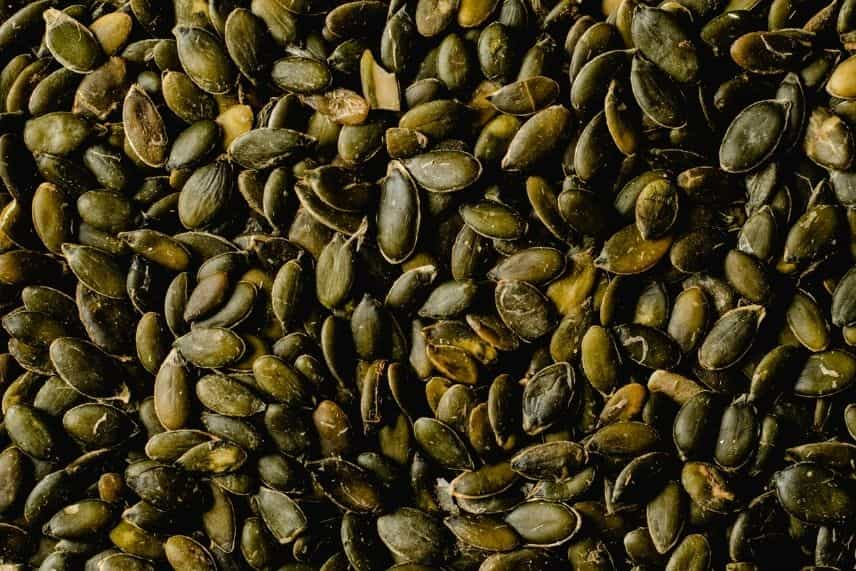 Certified organic, the seeds have been produced without the addition of plant protection products
Certified organic, the seeds have been produced without the addition of plant protection products
F1 hybrid seeds, should we be wary or not?
In fact, it may be worth reminding that hybridisation does not mean “genetic modification”. An hybrid seed is derived from two different plants that cross (or are crossed) to obtain a new variety. This hybridisation can be perfectly natural or induced by human manipulation. This is the case with F1 hybrid seeds, which are created to improve the taste qualities, profitability, or resistance of a variety. It is even possible to obtain organic-labelled hybrid seeds.
Some gardeners will tell you that these hybrid seeds produce standardised vegetables or fruits, certainly beautiful, but lacking in flavour, calibrated to the point of being dull… Others appreciate the disease resistance, productivity, colour, or size achieved with these F1 hybrid varieties.
In any case, the main drawback of these seeds from hybridisation remains their non-reproducibility. Therefore, it is pointless to harvest seeds from these plants for re-sowing. They do not retain the characteristics of a plant from one generation to the next. These are single-use seeds that serve only for one season.
For further reading, discover Ingrid B’s article: Organic seeds, F1 hybrids or classic seeds… What to choose?
A seed perfectly true to the parent plant.
To choose a variety of a particular vegetable plant, one primarily relies on the packet. In addition to the legal mentions such as the name of the species and variety, the weight or number of seeds, the lot number, or the company name of the packager, other elements guide our choice. Thus, the amateur gardener will find the general characteristics of the plant regarding pruning, shape, colour, taste quality, earliness… along with advice and a planting calendar. And a photo that is as close to reality as possible.
A vegetable seed of good quality must therefore perfectly adhere to the indicated parameters and reflect the characteristics of the chosen variety. Quality seed merchants and growers are committed to conducting regular germination tests to ensure the fidelity of the standards.
Healthy and disease-free seeds
A quality seed is one that exhibits perfect health and is completely free from diseases. This is why it is essential that it is harvested from a perfectly healthy plant. The management of seed production is therefore highly regulated, with regular checks from harvesting to packaging, including storage and sale.
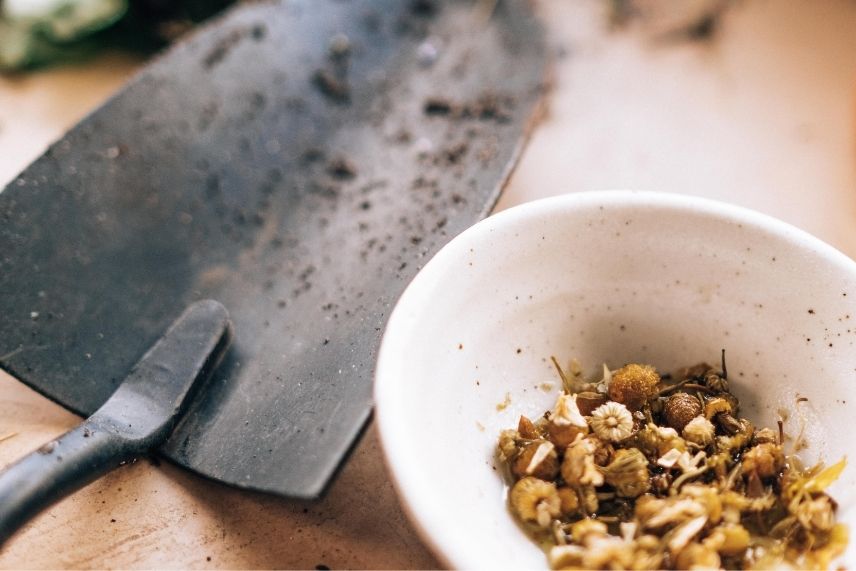 Seeds must be taken from perfectly healthy plants
Seeds must be taken from perfectly healthy plants
To obtain disease-free and vigorous seeds, it is crucial to grow the mother plants under optimal cultural conditions in terms of climate, soil quality, fertilisation, watering, as well as pollination and positioning of the plot. As for the harvesting of seeds, it must be done under very specific conditions and at the right stage of ripeness. Again, quality seed producers and merchants adhere to very precise specifications and are subject to stringent controls.
Read also
Storing vegetable seedsGuaranteed seed viability
If a seed has been harvested at the peak of its ripeness and under good conditions, it contains all its seed viability. Harvested too early, it will not have acquired all its germination capabilities. Picked too late, it risks having suffered from climatic issues or pest attacks. Similarly, a quality seed will have been harvested at a time when the hygrometric conditions are optimal. It is then bagged and stored under equally rigorous conditions.
Once the seed packet is acquired, it is essential to keep it in a well-ventilated place, not too warm, at an optimum level of humidity. Indeed, seeds are very sensitive to their environment and can lose their seed viability. Discover various methods for storing seeds with Audrey.
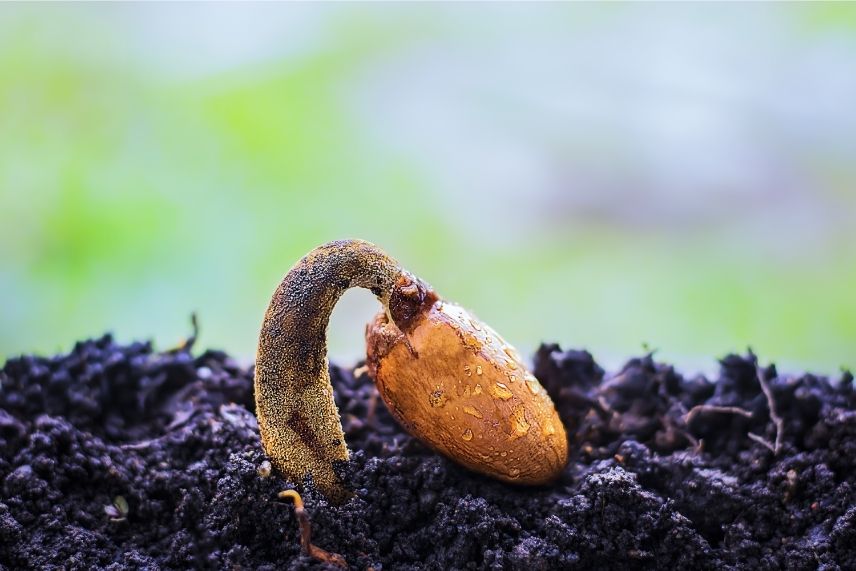
To maintain their optimal seed viability, seeds should be stored in a dry and ventilated place.
Of course, it is imperative to strictly adhere to the expiry date indicated on all seed packets. If the date has passed, it is still possible to sow the seeds, but the germination rate may be lower. Ingrid also explains some methods to determine if old seeds are still good.
The Importance of the Seed Merchant's Reputation
At Promesse de fleurs, we have chosen to work with three major brands of seed suppliers known for their reliability and professionalism: Vilmorin, Sainte-Marthe Farm, and Sluis Garden.
Vilmorin was established in 1743, driven by Claude Geoffroy, a master seed merchant, and Pierre Andrieux, botanist to Louis XV, who opened their first shop in Paris. Their daughter Adélaïde, who married Philippe-Victoire de Vilmorin, a botany enthusiast, took over and expanded the business. Today, over 800 seed varieties are packaged in Drôme.
Sainte-Marthe Farm, founded in 1974 in Loir-et-Cher and now based in Anjou, specialises in organic or untreated seeds post-harvest. The company oversees all stages of seed production and advocates for variety diversity.
Sluis Garden offers more than 1000 varieties of premium quality vegetable and flowering plant seeds.
You can also choose to harvest seeds from your vegetables or flowers. Ingrid B. explains everything you need to know to make, harvest, and properly store your own seeds.
- Subscribe!
- Contents
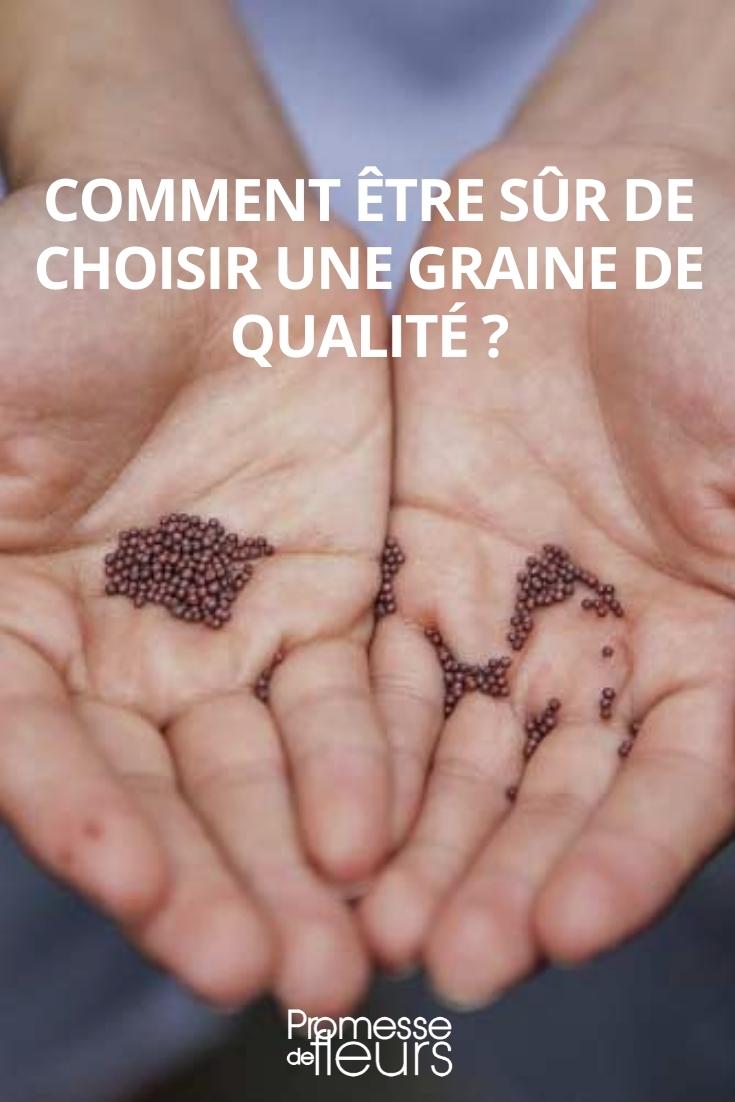































Comments